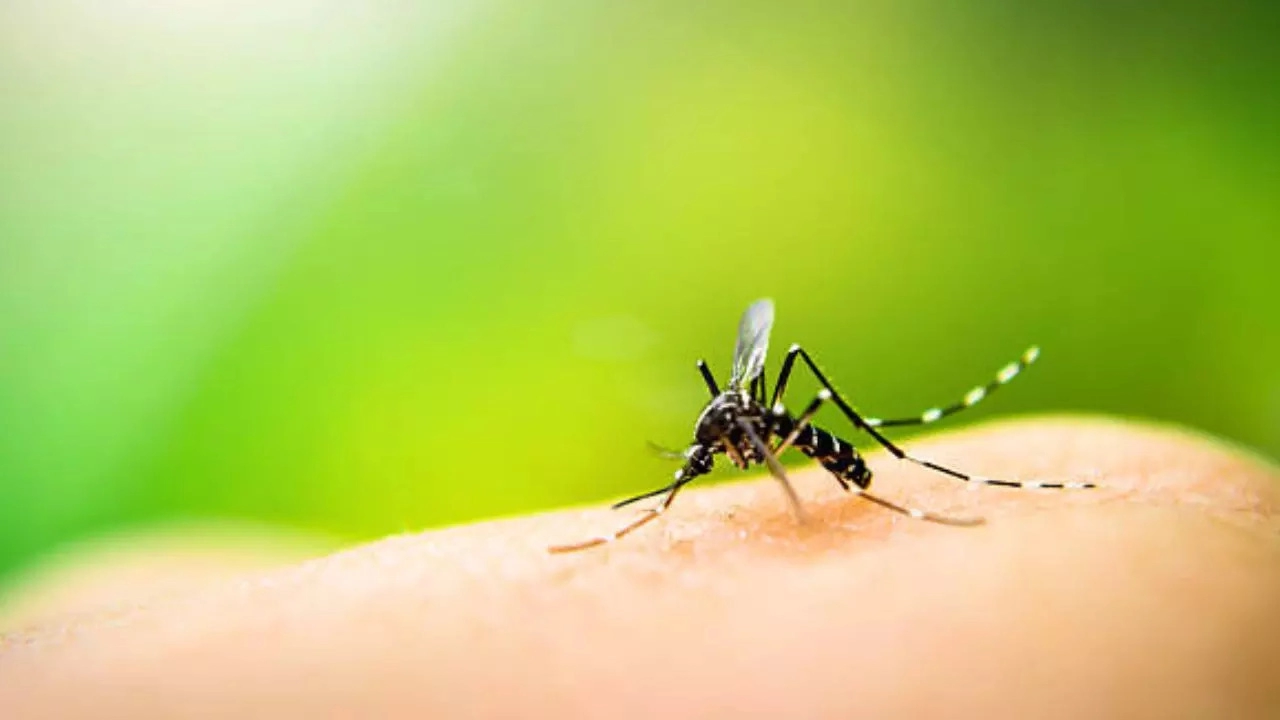Pallavi Mehra • 05 Oct 2024
Dengue Cases On Rise Globally: WHO Initiates Action To Tackle Mosquito-Borne Diseases

Dengue Cases On Rise Globally: WHO Initiates Action To Tackle Mosquito-Borne Diseases (Image Credits: iStock)
The World Health Organization (WHO) has launched an urgent global initiative to address the growing threat posed by dengue and other deadly arboviruses, which have impacted millions worldwide and placed billions more at risk. This plan, unveiled on October 3, marks a significant step toward combatting the alarming rise of diseases transmitted by mosquitoes, ticks, and other arthropods, which are spreading rapidly due to various global factors.
Dr Tedros Adhanom Ghebreyesus, Director-General of the WHO, emphasized the pressing need for a coordinated, cross-border response to contain these diseases. “The rapid spread of dengue and other arboviral diseases in recent years is an alarming trend that demands a coordinated response across sectors and borders,” he said during the launch.
What Are Arboviruses?
Arboviruses are viruses transmitted to humans through the bites of arthropods, such as mosquitoes, ticks, crustaceans, insects, and arachnids. Among these, dengue has emerged as the most serious and widespread arbovirus. According to WHO data, the number of dengue cases has nearly doubled annually since 2021. As of August 2024, over 12.3 million cases have been recorded globally, with more than 6,000 resulting in fatalities.The new WHO initiative aims to curb this surge by implementing measures that will protect vulnerable populations and lay the groundwork for a healthier future. Tedros mentioned that everyone plays a role in controlling dengue—from maintaining clean environments to supporting mosquito control efforts and seeking timely medical care.
Why Is Dengue Spreading So Rapidly?
Several factors contribute to the swift spread of dengue and other arboviral diseases. Dr Raman Velayudhan, head of the WHO's global program on controlling neglected tropical diseases, cited unplanned urbanization, poor water and sanitation practices, climate change, and international travel as key drivers. These factors have facilitated the rapid geographical expansion of these diseases, with dengue now endemic in more than 130 countries.“Similar trends are observed with other arboviral diseases such as Zika, chikungunya, and the Oropouche virus, particularly in the Americas,” Velayudhan noted. He warned that urban centres, with their higher-density populations, face a heightened risk of these diseases.
Dengue primarily affects tropical and subtropical regions, with Southeast Asia, the Western Pacific, and the Americas being the hardest hit. This year, the Americas have reported the majority of dengue cases, along with other arboviruses. However, WHO officials have raised concerns about the situation in Africa, where multiple diseases, coupled with conflict and natural disasters, are putting a strain on already fragile healthcare systems. The Africa CDC reported over 15,000 dengue cases in 13 African countries this year alone.
Dengue and Arboviruses
Dengue is a viral infection transmitted to humans by mosquitoes. While most people recover within one to two weeks, severe cases can lead to death. WHO stresses that prevention remains the best defence against dengue. The organization advises avoiding mosquito bites, particularly during the day, by using protective measures such as wearing long clothing and using insect repellent.The spread of chikungunya, another virus transmitted by Aedes mosquitoes, is also a growing concern. Chikungunya has now been reported in 118 countries, with Brazil seeing the highest transmission rates. Dr Diana Rojas Alvarez, WHO team lead on arboviruses, emphasized that certain groups—including newborns, the elderly, and individuals with pre-existing conditions—are particularly vulnerable to severe outcomes from these diseases.
In addition to dengue and chikungunya, Zika and Oropouche viruses are spreading across the Americas, presenting similar symptoms and creating challenges in distinguishing between the diseases. Dr Rojas Alvarez called for strengthened surveillance, detection, and testing capabilities in affected regions to avoid misdiagnosis, which is common in areas where multiple arboviruses co-circulate.
Get Latest News Live on Times Now along with Breaking News and Top Headlines from Health and around the world.